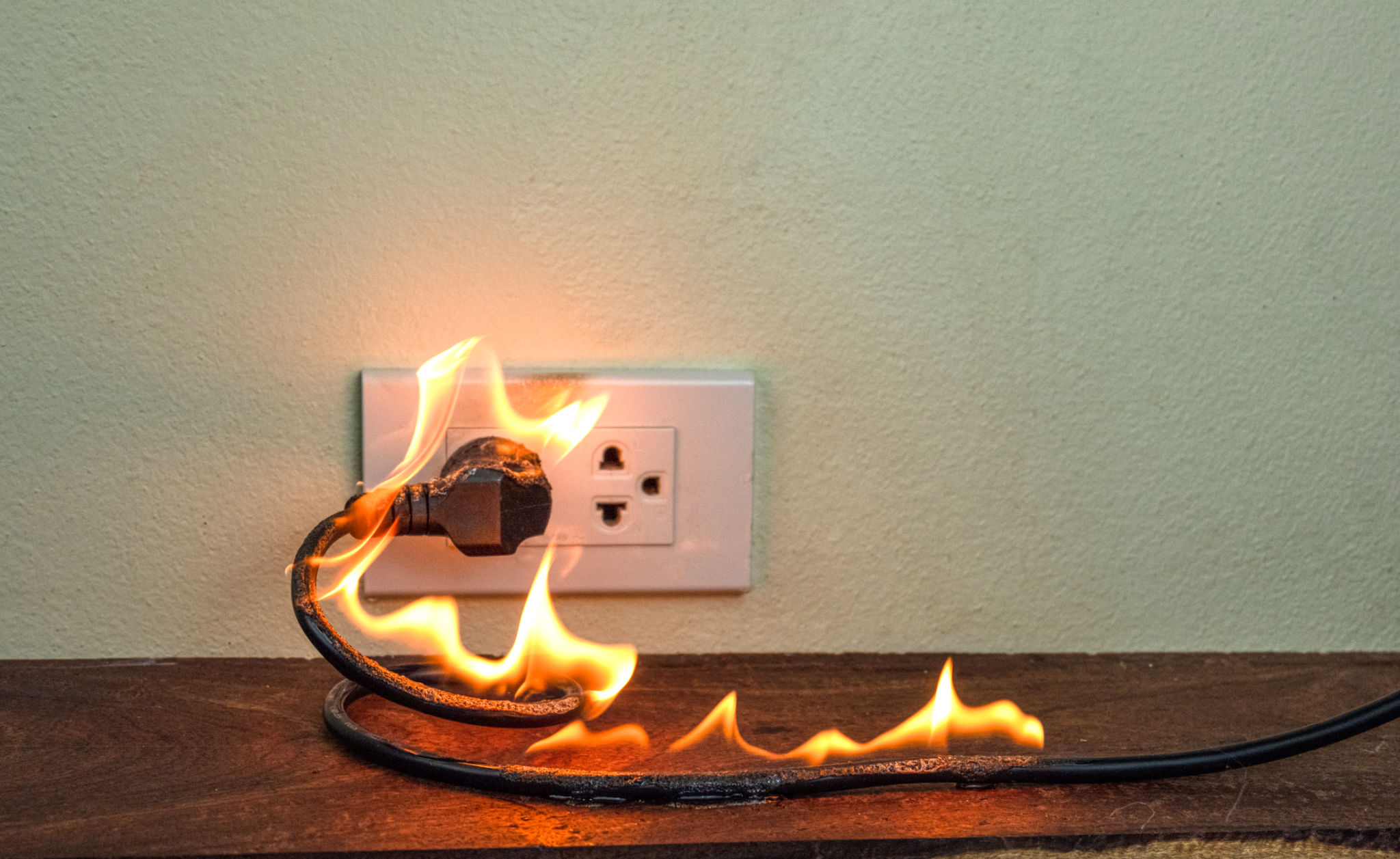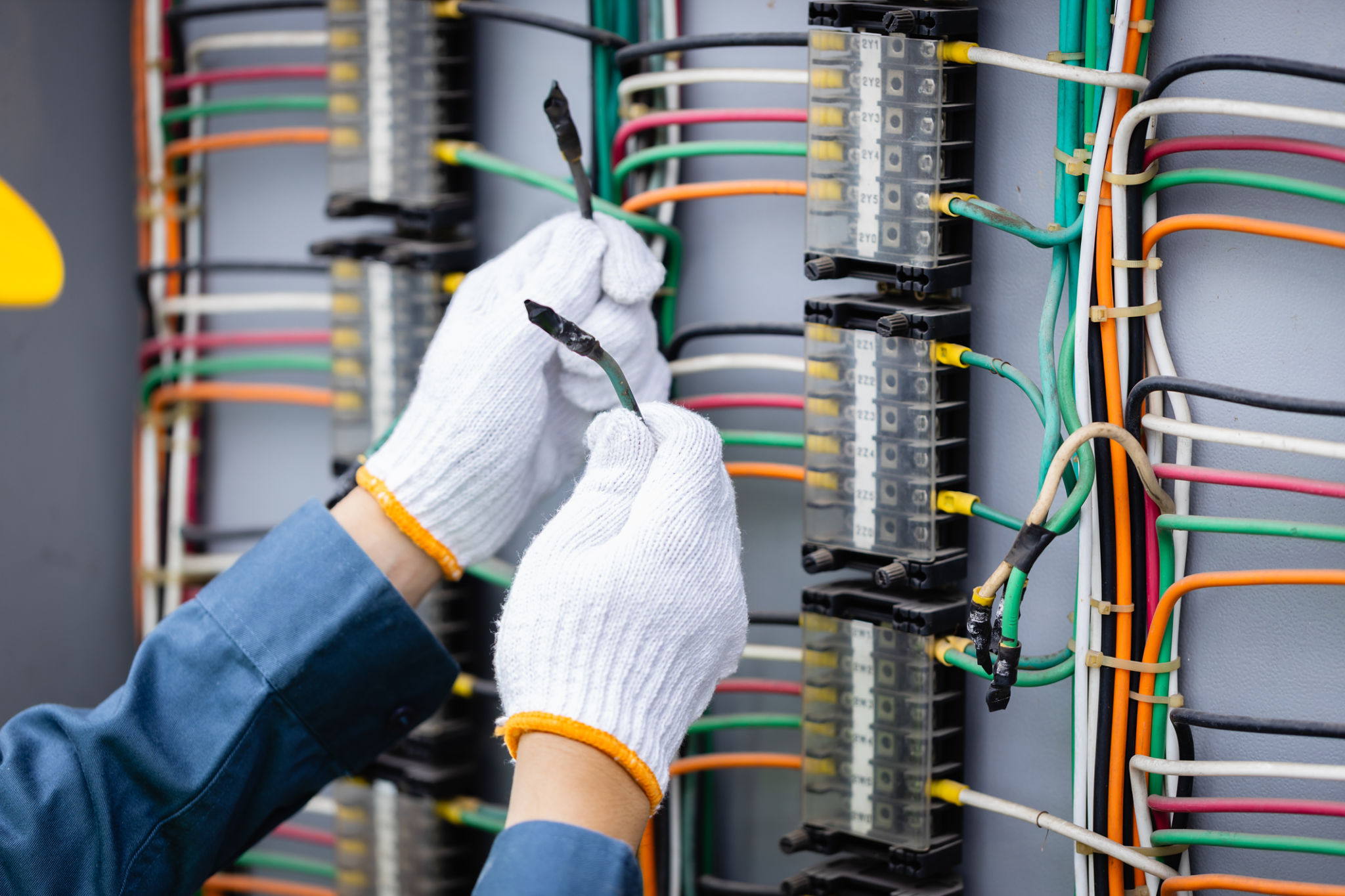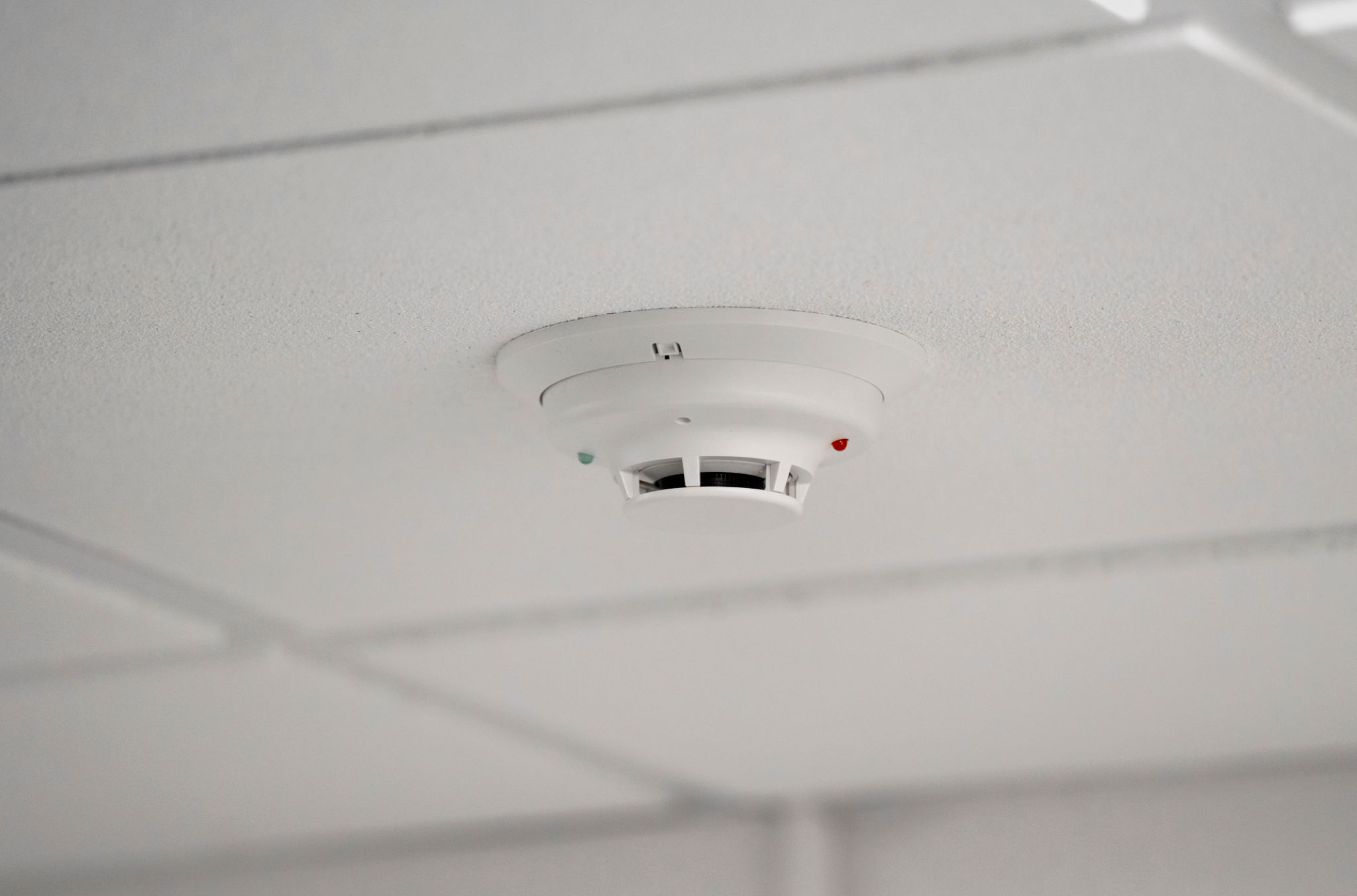DIY Electrical Safety Tips for Homeowners
Understanding the Basics of Electrical Safety
Working with electricity can be dangerous if not done correctly. As a homeowner, it's crucial to have a basic understanding of electrical safety before attempting any DIY projects. Ensuring that your home is safe not only protects you but also your family and property.
Before starting any electrical work, make sure to turn off the power at the circuit breaker. This simple step can prevent electrical shocks and accidents. Always double-check that the power is off by using a voltage tester.

Identifying Potential Hazards
Being able to identify potential electrical hazards is an essential skill for every homeowner. Look out for frayed wires, burnt outlets, or any unusual smells coming from electrical appliances. These can be signs of faulty wiring, which could lead to more serious issues if not addressed promptly.
Ensure that all electrical cords are in good condition and not running under carpets or rugs, which can cause overheating. Additionally, do not overload sockets with too many plugs as this can lead to overheating and potentially start a fire.
Proper Use of Tools and Equipment
Using the right tools and equipment is vital when handling any DIY electrical work. Make sure to use insulated tools that are specifically designed for electrical tasks. This can help prevent accidental shocks.

When working with ladders near electrical installations, opt for wooden or fiberglass ladders rather than metal ones to avoid conducting electricity. Always be cautious and maintain a safe distance from live wires.
Installing and Maintaining Smoke Detectors
Smoke detectors are an essential part of home safety and should be installed on every level of your home. Ensure that they are tested monthly and batteries are replaced at least once a year. A functioning smoke detector can provide early warnings and potentially save lives during an emergency.
Regular maintenance is key; clean the detectors to prevent dust build-up that can interfere with their operation. Replace any units that are more than ten years old to ensure they are functioning optimally.

When to Call a Professional
While DIY projects can be rewarding, knowing your limits is crucial when it comes to electrical work. If you encounter complex issues or feel unsure about any task, it's best to call a licensed electrician. Attempting complicated repairs without the necessary knowledge can lead to serious injuries or damage.
Professional electricians have the training and experience to tackle a range of electrical problems safely and efficiently. Do not hesitate to seek their expertise when needed.
Staying Updated on Electrical Codes
Electrical codes are put in place to ensure safety and compliance with industry standards. As a homeowner, staying informed about these codes can help you make better decisions regarding your home's electrical systems. Regular updates may occur, so check with local authorities or a professional for any changes that might affect your home.

By adhering to codes, you not only enhance safety but also maintain the value of your property. Keeping your home up-to-date with the latest safety standards is a wise investment.
Conclusion
DIY electrical projects can be both satisfying and cost-effective when done correctly. By following these safety tips and knowing when to call in professionals, you can ensure a safe environment for you and your family. Remember, taking precautions today can prevent accidents tomorrow.
